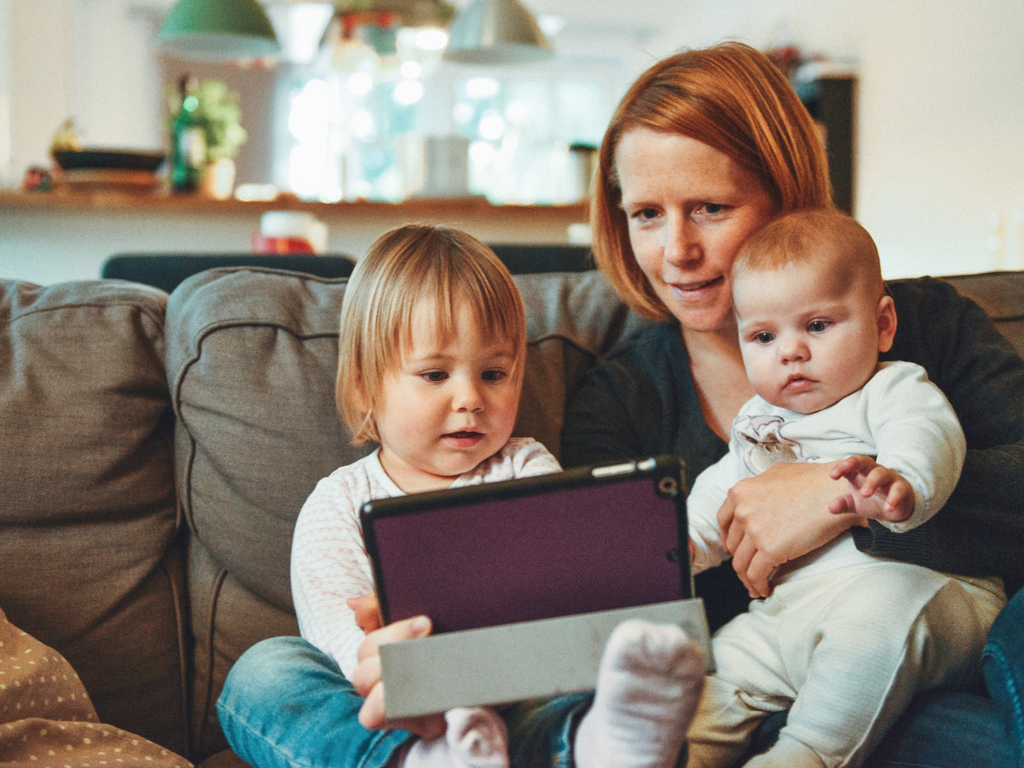
Learn what contact time with family is and how you can make it a positive experience for a child.
How to support a child and help them get ready for a positive experience when spending contact time with family.
This advice applies to: England and Wales
We’re running a number of online workshops on managing contact time with family. These are free to join and aimed at kinship carers living in England.
Click on the link below to take you to the section you'd like to read:
Contact time with family allows a child in kinship care to maintain a connection and build relationships with their family, usually their parents. It can also be a difficult time for children, but with the right support it can be a positive experience with many benefits.
Children always find life easier when things are clear. It’s important that you take time to agree and understand your contact arrangements, so that you can explain them to the child you care for. Always try and keep them informed and involved in contact arrangements as much as you can.
Speak to the child you care for often about contact time and let them know when it will be and what they can expect. If you’ve written a contact agreement and you feel it’s appropriate, you could share this with the child.
Read more about managing contact time with family to create a contact agreement.
Every child has different needs. That means each child will respond in their own way to contact time with family, so it can sometimes be a difficult process at first.
Make sure they know they can ask any questions and say how they are feeling. They may be worrying about how they will stay in contact with their parents, siblings and other family members.
You can also speak to those who have been caring for them to learn more about the things they like doing and their day-to-day routines, which may have an impact on contact arrangements. Ask about contact information for school friends and activities they attend.
Kinship carers tell us that younger children can become clingy or wet the bed for a few days after contact. For older children, it may cause them to become moody and feel angry or sad. Contact time with family can be emotional and stir feelings that they will need to work through.
As a kinship carer, do your best to listen to the child you care for, watch how they react to situations and understand what they need. The better you know them and how they cope, the easier it will be to make decisions that benefit them and their relationships.
Read about supporting children and young people with trauma for more information on recognising and helping children and young people deal with the effects of trauma.
One of the most helpful things you can do for the child you care for is listen to what they say and allow them to share their feelings. It’s normal for them to feel worried or unsure about contact time with family, but reassuring them can make it a lot easier.
While many children benefit from contact time, for others it can be more difficult and raise issues that are upsetting and hard to process. Tell them that you are there to support them and give them the space to work through their feelings when they need it.
Once those feelings calm down, you may be able to help them understand why they are not in their parents’ care. You can explain the situation and that you know it is hard for them. Just having you there to talk things through can make a big difference.
Here at Kinship, we offer a range of free support for all kinship carers, including workshops, online advice and information, and support groups.
To find services, information and support in your local area, including information about your local children’s services, use our Kinship Compass tool.
You can also contact the Kinship advice team for free, non-judgmental advice and information if you live in England or Wales.
Sign up for emails to keep up to date with the information that’s important to you, from support and advice for kinship carers, to our latest news, events and campaigns.